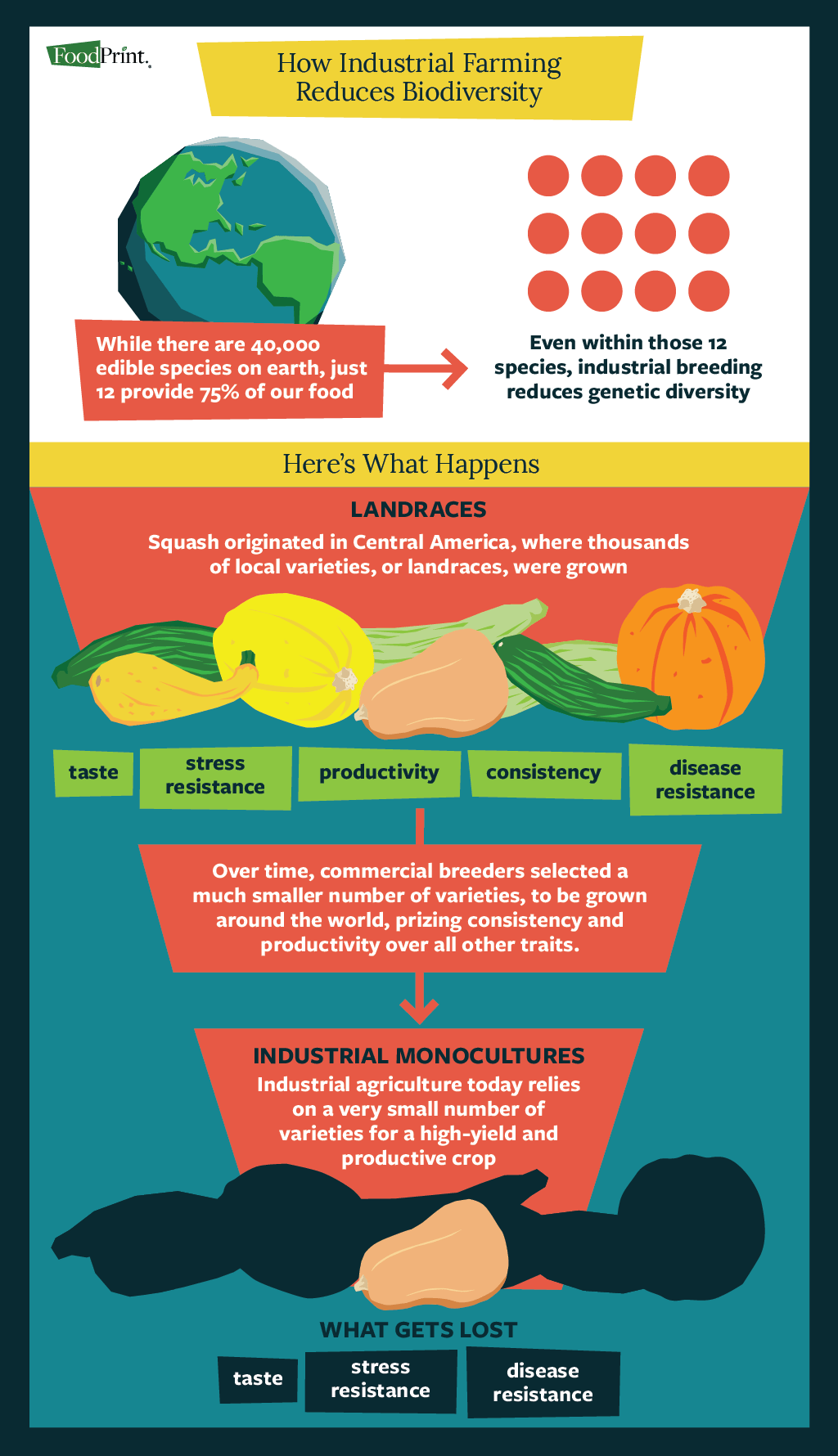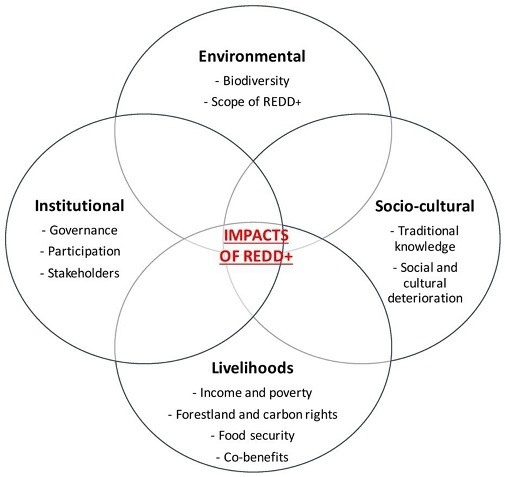

Some might notice that the tragedy of the commons carries eerie similarities to philosopher and social theorist Thomas Hobbes’ “state of war”, in which life is “solitary, poor, nasty, brutish, and short” because individuals are in a “war of all against all”. While wealthy oil industry conglomerates reap the rewards of capitalism and profit from producing cheap energy, the poorly situated housing neighbourhoods located near the oil plants suffer from leukaemia, birth defects, respiratory diseases and poor air quality. When an individual is empowered by their community’s political system to pursue their desires freely, it is often the less fortunate that are on the receiving end of the disastrous consequences.

#Name three social benefits provided by biodiversity free#
With little-to-no government regulation of who-gets-what, also termed a laissez-faire approach, the free market is dominated by self-interest. The problem of the tragedy of the commons is deeply exacerbated by the core value of capitalism, namely the freedom to profit. The UK government predicts that antimicrobial-resistant infections will kill 10 million people across the world by 2050, or as many as air pollution kills each year today. Source: Less of the Same: Rebooting the antibiotic pipeline, Harvard blog. Unfortunately, our antibiotic discovery rate cannot keep up with bacterial genetic variation, meaning that we will eventually lose this arms race if something does not change. Applying such selective pressure on short generation-time organisms like bacteria massively accelerates their adaptation and the emergence of resistant variants. Antibiotic consumption is particularly prevalent in livestock food, predicted to reach over 33,000 tons per year in China alone by 2030. The increasing accessibility and (deceptive) efficiency of antibiotics has resulted in over 30% of them being deemed overprescribed and unnecessary, because the more they are used, the likelier antibiotic resistance will arise. One example of the tragedy of the commons today is the overuse of a powerful resource – antibiotics. Hardin therefore blames the welfare state for providing support to those children, which has resulted in fiercer competition for resources. Over-breeding would negate itself through a negative feedback loop, as children who could not be provided for would simply not be able to survive. He asserts that, if families only had themselves to depend on, and not the welfare state, over-breeding would not pose a threat to food availability. Hardin’s take is that over-breeding and unnecessary childbirth are the root cause of the tragedy of the commons. But as more people acribe to the comfort of their car, air pollution worsens, greenhouse gases are emitted, and a vicious cycle begin as roads become congested. Take driving your car for example: driving is necessary for some, while others prefer it to public transport. Source: Ric Stephens, University of Oregon College of Design, School of Planning, Public Policy, and Management. Often this leads to social and environmental problems. These decisions allow the individual to benefit themselves whilst simultaneously distributing the adverse effects on the larger population. It proposes that self-interested decisions made by the rational individual are almost guaranteed to cause detriment to the well-being of the wider community. The tragedy of the commons describes the conflict between short-term self interest and long-term common good. But what exactly does the tragedy of the commons refer to? In his essay, he perpetuated Neo-Malthusian ideals about shared resources and the difficulty of maximising good for everyone. More than a century later, ecologist Garrett Hardin conjured this concept back into the fore and named it the tragedy of the commons. Upon seeing the overgrazing of cattle, he asked, “Why are the cattle on a common so puny and stunted? Why is the common itself so bare-worn, and cropped so differently from the adjoining enclosures?” The term was first mentioned in 1832, by a political economist called William Forster Lloyd, who lamented the devastation of shared pastures in England.


 0 kommentar(er)
0 kommentar(er)
